
The Kitchen Journal
Welcome to our kitchen journal—a space dedicated to sharing real-life IVF stories and experiences from patients, embryologists, nurses, and physicians. Here, you’ll find unique insights, personal journeys, and lessons you won’t find in generic online resources. It’s a place to connect, learn, and explore the human side of IVF.
Sharing every Tuesday and Thursday, so stay tuned in!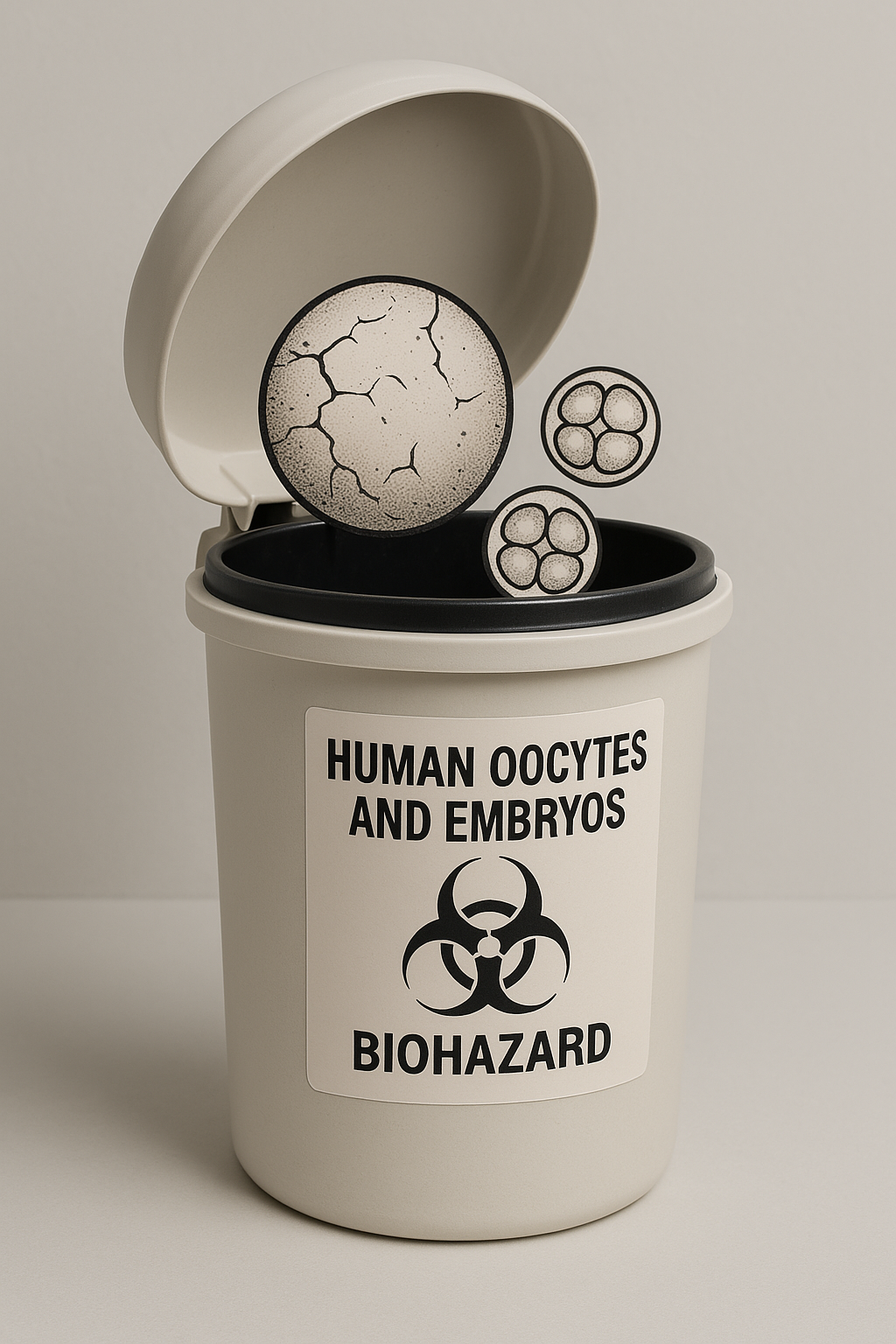
What Happens to Immature Eggs in IVF? Can They Be Saved or Used Later?
Immature eggs are often retrieved during IVF, but what happens to them next? While they typically can’t be used right away, some may be matured in the lab through a process called in vitro maturation (IVM). This guide explores whether immature eggs can be saved, matured, or used in future IVF cycles.

Can Immature Eggs Fertilize? How Oocyte Maturity Shapes Your IVF Results
Egg maturity plays a crucial role in IVF success, but can immature eggs still fertilize? While some may develop with special lab techniques, maturity is key to healthy embryo development. This guide explores how oocyte maturity impacts fertilization and what it means for your IVF results.

Can You Still Get Pregnant with Poor Egg Quality? IVF Realities Explained
Poor egg quality can make conception more challenging, but does it mean pregnancy is impossible? With IVF advancements, there are still options to improve your chances of success. This guide breaks down the realities of IVF with poor egg quality and what hopeful parents need to know.
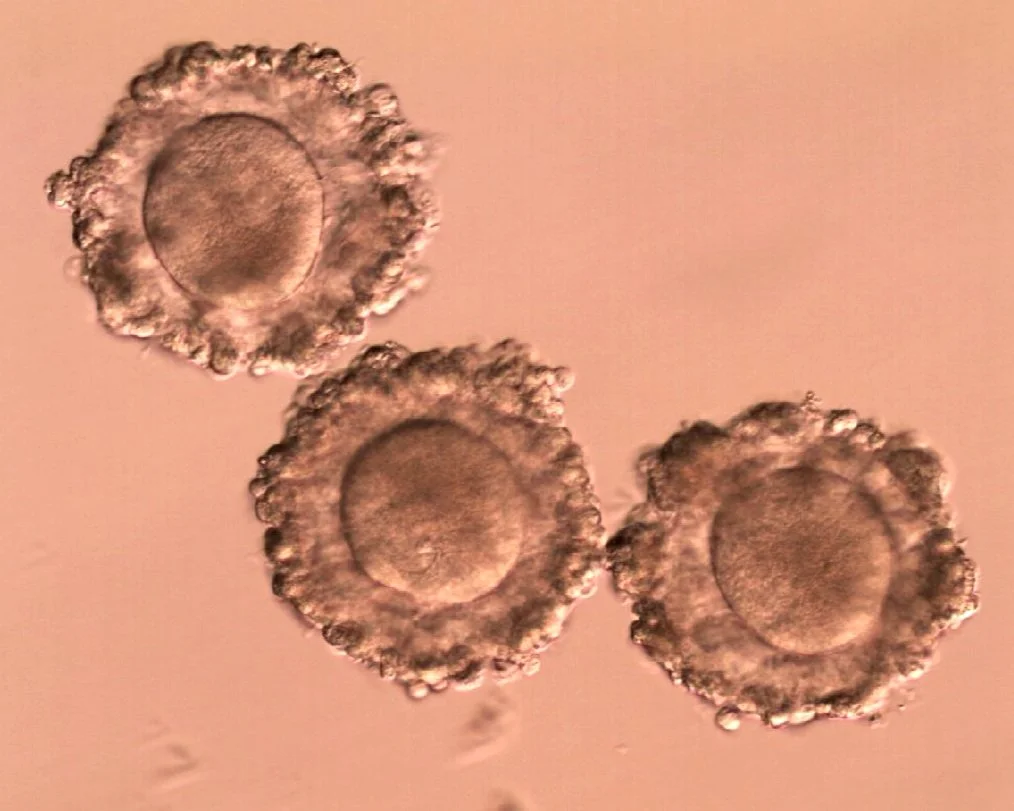
How Long Can Eggs Survive in Culture? In Vitro Maturation (IVM) Time Limits & Egg Viability
Once retrieved, eggs have a limited time to mature and remain viable in the lab. Understanding in vitro maturation (IVM) time limits is crucial for optimizing fertilization success. This guide explores how long eggs can survive in culture and what factors influence their viability in IVF.
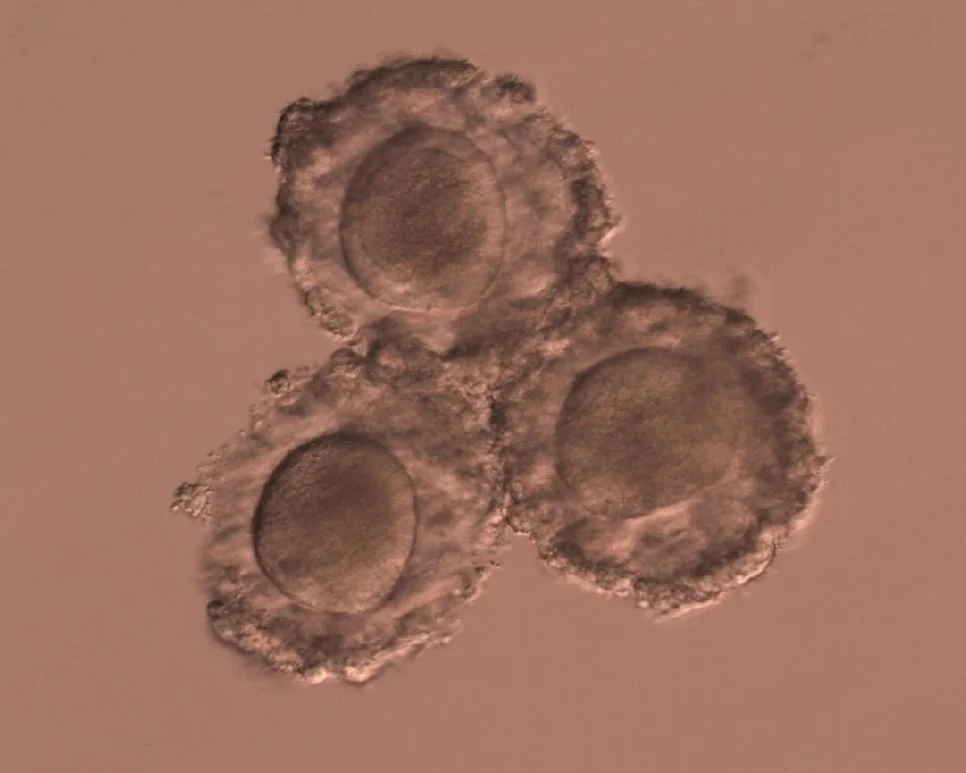
Decoding Egg Maturity: How Labs Classify MII, MI, and GV Stage Oocytes
Not all eggs are ready for fertilization—embryologists classify them into different maturity stages: MII, MI, and GV. But what do these classifications mean, and why do they matter for IVF success? This guide breaks down egg maturity stages and how they impact your fertility treatment.
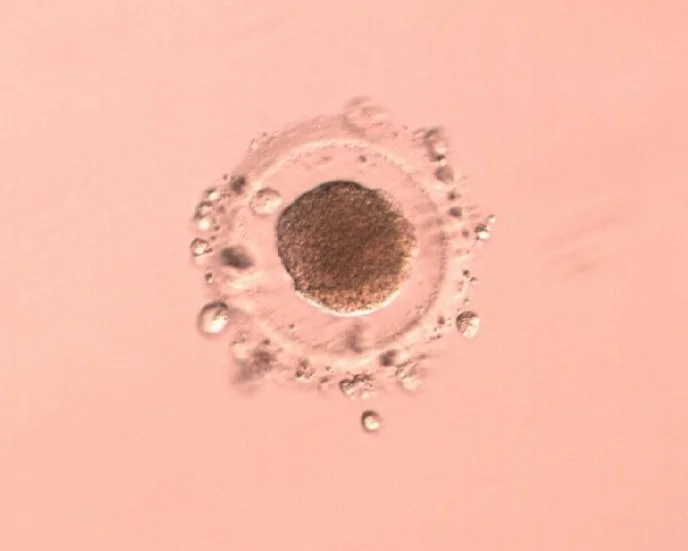
What Is Egg Quality, and How Can It Be Measured in the IVF Lab?
Egg quality is one of the most important factors in IVF success, but how is it determined? In the lab, embryologists assess eggs based on maturity, appearance, and genetic health to identify the best candidates for fertilization. This guide explores what egg quality means, how it’s measured, and why it matters for your fertility journey.
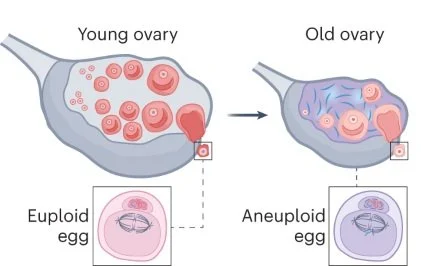
What Is Ovarian Aging? Understanding Diminished Ovarian Reserve in IVF
Ovarian aging is a natural process, but it can impact fertility and IVF success. Diminished ovarian reserve means fewer eggs and potentially lower quality, making conception more challenging. This guide explains what ovarian aging is, how it affects IVF, and what options are available to improve your chances of success.